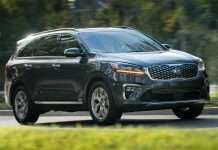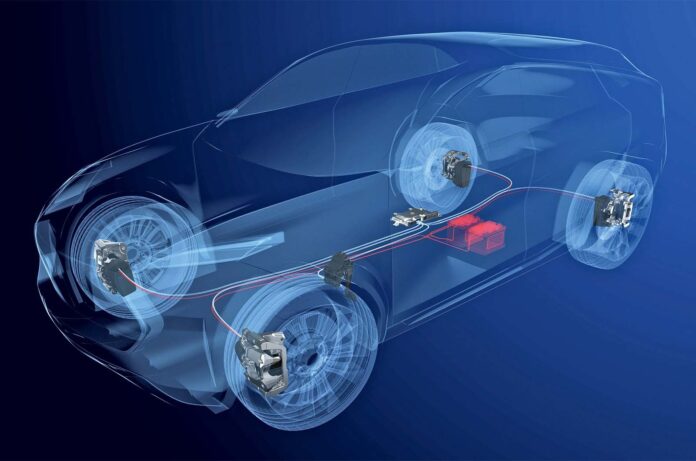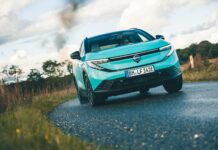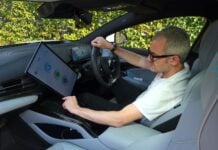For over a century, hydraulic brakes have been a cornerstone of automotive safety. First appearing in the US after World War One, they’ve become ubiquitous, evolving with features like anti-lock systems (ABS) and power assistance. Now, ZF Friedrichshafen, a leading automotive component supplier with over three billion brake parts produced in the last three years, predicts hydraulic brakes are nearing obsolescence.
The Rise of Brake-by-Wire
The shift towards brake-by-wire (BbW) is driven by the rapid integration of automated driving, electrified powertrains, and interconnected chassis systems. BbW eliminates the traditional hydraulic system, replacing it with electric motors at each caliper.
Unlike conventional brakes where pedal pressure translates to hydraulic force, BbW relies on an electronic pedal box to measure driver input. This signal then activates the electromechanical brakes (EMB) electrically. The result is a braking system without fluid lines, master cylinders, or hydraulic pressure.
Hybrid and Full Systems
BbW is already being implemented in two primary ways:
- Full BbW systems: Entirely electric braking for all four wheels.
- Hybrid systems: Combining BbW with traditional hydraulics, initially targeted at light commercial vehicles.
Why This Matters
The move to BbW isn’t just about eliminating hydraulic fluid. It offers several advantages:
- Precision: Electric control allows for more precise braking force application.
- Responsiveness: Faster reaction times compared to hydraulic systems.
- Integration: Seamless compatibility with advanced driver-assistance systems (ADAS) and autonomous driving features.
- Efficiency: No fluid leaks, reduced maintenance, and potential for energy recovery through regenerative braking.
The transition reflects a broader trend in automotive engineering: the replacement of mechanical systems with electronic alternatives for improved performance, safety, and integration with emerging technologies.
In essence, the future of braking is electric, not hydraulic. This shift will reshape automotive design, maintenance, and driving experience in the coming decades.











































